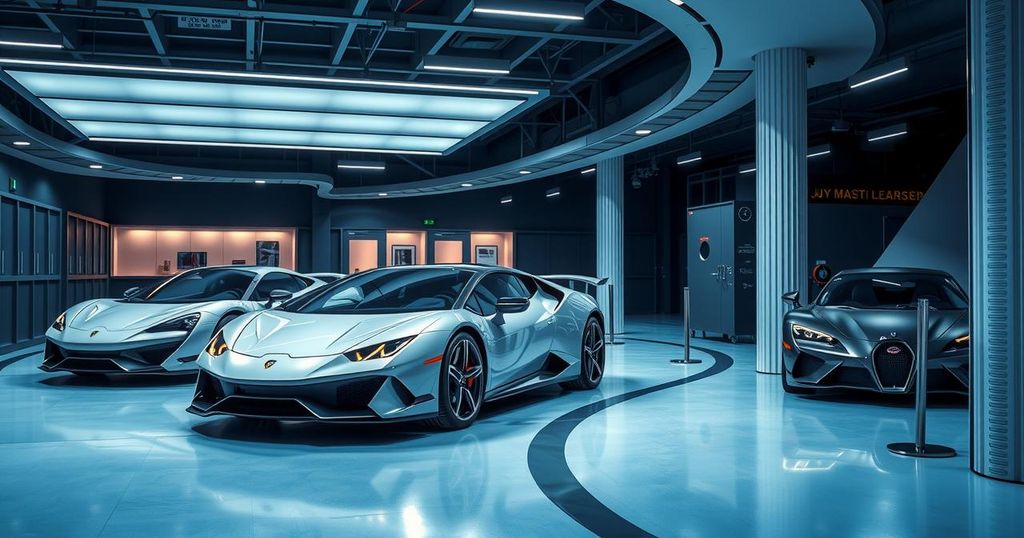Hardeep Singh Brar Resigns from Kia India, Set to Lead BMW India
Hardeep Singh Brar resigns from Kia India, set to head BMW India as the next president. Reports confirm his move follows Vikram Pawah’s transition to a global role. Brar’s experience in the automotive sector positions BMW for expansion, particularly in deeper markets amid a shift toward electric vehicles. The Indian luxury car sector, while growing slowly, presents opportunities and challenges for both companies.
Hardeep Singh Brar, a prominent figure in the automotive sector as the senior vice president of marketing and sales at Kia India Pvt. Ltd., has stepped down from his position. Reports indicate he is poised to become the next president of BMW India, following Vikram Pawah’s transition to a global role at the German luxury carmaker. This move has been confirmed by two insiders familiar with the situation, although BMW India has not issued any comment thus far.
The announcement was made to department heads at Kia last week, prompting speculation regarding Brar’s last day at the company. Of course, the transition is expected to take place in the upcoming weeks, which leaves Kia and its future leadership in a bit of uncertainty. The automotive industry is abuzz with the implications of this shift.
Hardeep Brar joined Kia in March 2021 and has an extensive background in the automotive industry, having started his career at Maruti Suzuki India. His resume features stints at major players like Volkswagen, General Motors, and Nissan, among others. As noted by Bhavna Kaushik of Abuzz Consulting, Brar’s experience in the field positions BMW well as it seeks to tap into deeper markets in India, particularly with the anticipated transition toward more cost-effective electric vehicles (EVs).
Brar’s major challenge will likely be transitioning BMW’s strategy as it aims to expand into Tier 2 and Tier 3 cities, stepping away from the current reliance on metropolitan markets. This strategic pivot come amid broader market changes and a shift in consumer preferences towards EVs, especially as new trade agreements with Europe possibly reshape the luxury car landscape.
On the other hand, Vikram Pawah, who has led BMW in India since 2020, is making this move amid a challenging period for the Indian auto industry. After a notable career including work for Honda and Harley Davidson, it remains unclear what global role Pawah will take next.
In an interview earlier this year, Pawah discussed BMW’s focus on electric vehicles, stating that their EV sales represented a significant 17% of the company’s total sales in India. This is significant since many automakers have struggled with the pace of EV adoption globally, facing a slowdown in this sector.
As Brar departs Kia, insights into who might fill his shoes remain elusive. Kia experienced a rise in sales to 241,859 units in the financial year 2025, while BMW recorded 14,966 units, indicating modest growth amid a competitive luxury market that has seen just a 3% increase overall.
As the transition unfolds, both companies will watch closely how leadership changes impact their strategies in this evolving market landscape.
The departure of Hardeep Singh Brar from Kia India to join BMW signifies a notable shift within the industry, as both companies adapt to market challenges. This comes at a time when the Indian auto sector faces pressures, yet opportunities are emerging, particularly with the growth of electric vehicles. The future leadership at Kia remains uncertain, and all eyes will be on how BMW utilizes Brar’s expertise in expanding into new territories. As always, the evolving landscape of luxury automotive in India is one to watch closely.
Original Source: www.livemint.com




Post Comment